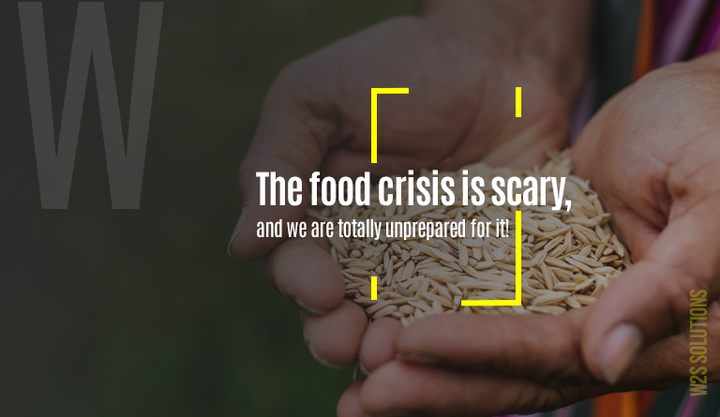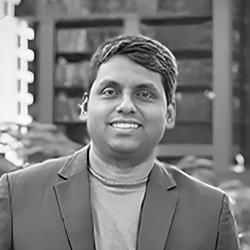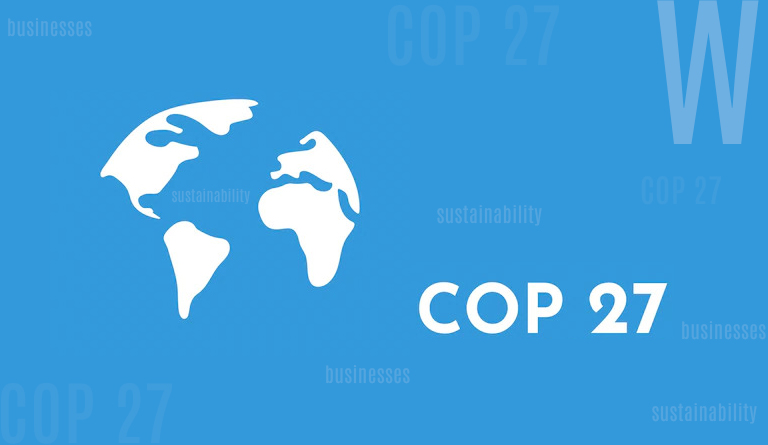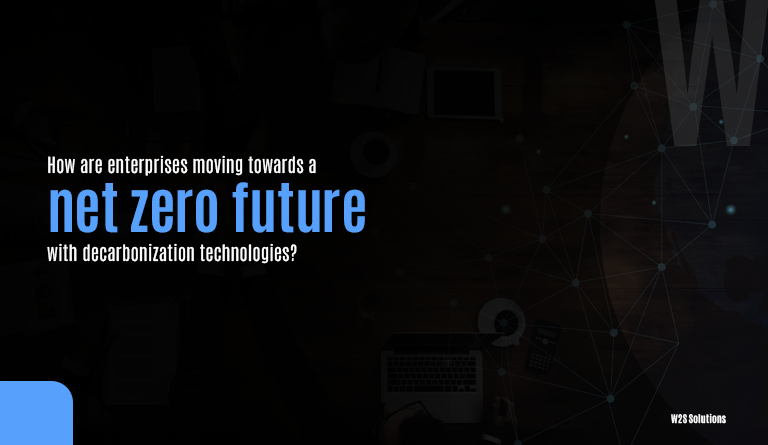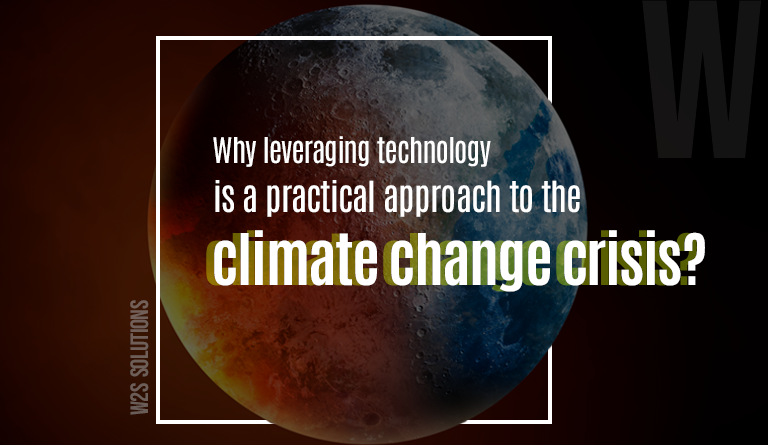Overview:
While scientists predict that we will run out of food in the next 30 years, the existing geopolitical situations, climate crisis, wars, and economic meltdowns are further shrinking this window we have. Read this blog to know the reality of the food crisis and the chances we stand while attempting to solve it!
The green revolution of the 1960’s significantly impacted the consumption behavior of the planet. Bio-engineering and aggressive farming techniques created a channel for solving malnutrition, particularly for economically underprivileged people, as they spend most of their income on food. So, the green revolution is also, in a sense, an economic revolution that attempts to solve the world hunger problem by creating a food-producing machine, let’s say, that continuously pumps out heavy quantities of food.
However, as scientists predict, it left out a crucial part of the equation that will backfire on us. The part we were wrong about is that we considered the crucial resources of the planet, like land, soil, and water, and the effect of flora and fauna as replenishable. We forgot to add the Industrial Revolution and, as a result, its gigantic effect on the planet. Constant fluctuations in the weather patterns, increased salinity of the underground water, depleting freshwater sources, greenhouse gas emissions, and constant deforestation to increase agricultural land are some parts of the equation that are omitted while solving world hunger.
Simply put, producing more food is just a lazy solution to solve the hunger problem. To end world hunger, we have to find ways that help feed the world sustainably. A shocking report suggests that most forest land will be cleared to match the feeding frenzy due to exponential population growth. Thanks to the impact of big data on various sectors, we now have access to such complex data that are once simply impossible to perceive.
Theoretically, producing more food to match the heads can look like a viable solution. But the earth’s population is growing at the rate of 140 people/minute. Reports suggest that the world will run out of food by 2050. This may look far-fetched for many, but we must understand that our planet’s biosphere is not malleable. At some point, it will break, and once it does, the damage might be enough to wipe out any life that’s left on earth. Global sustainability consultancies are working actively to avoid such drastic situations.
Apart from engineering and scientific innovations, conscious consumption can be an effective method to skip the oncoming food crisis.
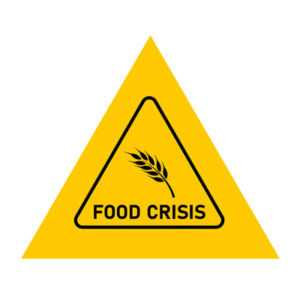
Conscious consumption is how we, as consumers understand and minimize the impact of our consumerism on society. While this is a wide term and could take different meanings under different contexts, this can amplify the various aspects of sustainability by simply being aware of the process. Enterprises and food companies should make the data they have at hand transparent and create awareness campaigns for consumers. Our Azure cloud consultants have experience mobilizing huge volumes of data for various industries. An efficient cloud strategy can make a huge difference for enterprises leveraging data.
Read Also – Crafting Better Odds: Tracking And Responding To Pandemics With Technology!
How we empowered a global FMCG manufacturer to promote conscious consumption among their consumers?
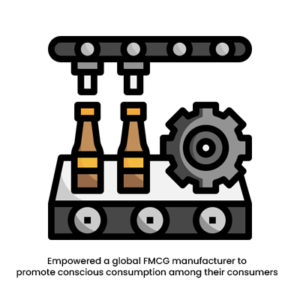
We recently collaborated with an international FMCG company in building their data strategy to understand their global product movement. They are currently active in more than 80+ countries, and they are a trademark name across different markets, including the Western market, Asian market, GCC market, etc.
To ensure that our digital transformation solutions align with their overall digital journey and contribute to the greater goals of sustainability, we devised our strategy to fit into their existing tech architecture. We leveraged the Django REST framework to bring fluidity to our web app strategy.
Being a leading Python app development company in the market, we built a functional web app to complement our data strategy for the company.
As a part of our data strategy, we built a responsive data visualization tool that enables seamless data flow among various departments of the organization. The goal of our data strategy is to promote data literacy within the organization that will ultimately be reflected in their consumers, too!
This strategy helped a great deal for both the organization and its audience. It increased the overall trust between our client and their consumer base. Leveraging predictive analytics, our client was able to understand their peak sales period and how they can adopt sustainable manufacturing.
You can also view more of our works and case studies here!
The takeaway
Leveraging data is the first defense against a food crisis!
We need to figure a way out of this food crisis ASAP. Enterprises and governments need to be more vigilant while attempting to reinvent the Agri sector. At the core of various SDGs sits the world hunger problem, and solving this could be a gateway to achieving other sustainable development goals. So, the problem needs to be addressed while we still have breathing space and try out ways to optimize the field. For starters, data visualization solutions can be adopted by both private and public sectors.
While many food companies are entering the digital space, top mobile app development companies are taking it a step further by fusing app strategies with a solid data analytics strategy.
With influential technologies like decision intelligence on the horizon, governments and enterprises can better optimize their operations to avert the food crisis.
